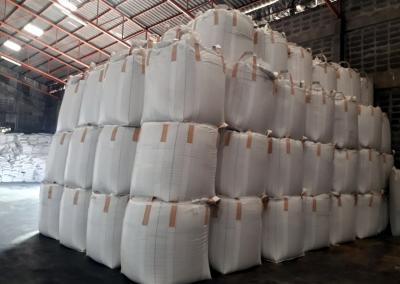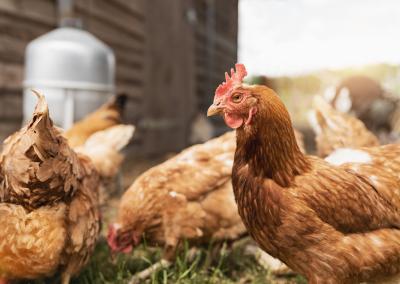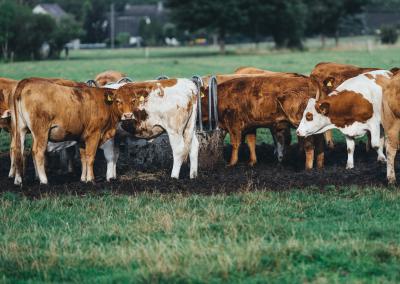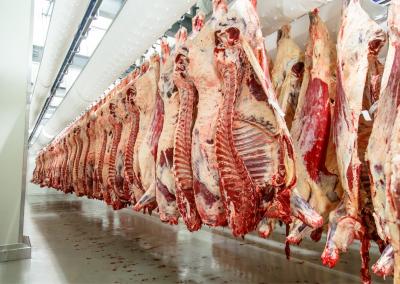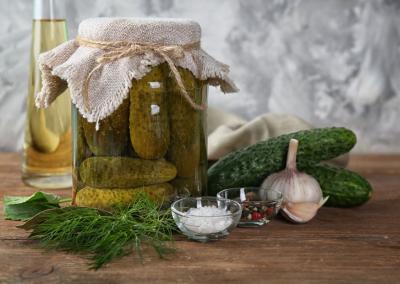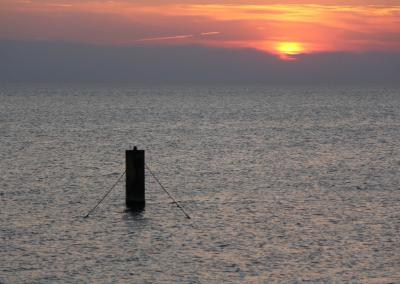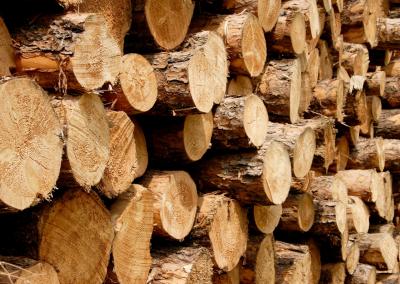Albanian farmers aim to supply Europe with exotic fruit
As the climate changes, Albanian farmers are starting to grow exotic fruits for the European market – passion fruit, guavas, dragon fruit, horned melons. The small farm of long-time agronomist Irakli Škoza in central Albania – like a paradise garden under the sun on the Adriatic Sea. With temperatures rising year on year, the 75-year-old said he thought he'd diversify in 2019, even though his peers would have long since retired.
First, he brought seeds from Africa and America and sowed them on a two-hectare plot. It turned out that all the plants adapted well to the warm local climate.
The Divyake region, located on the coast, has many hectares of farmland. It was once home to Albania's largest grain granaries. Today, farmers grow vegetables and watermelons for the local market and for export.
A warming planet
Over time, farms have struggled with ever-rising temperatures and a growing shortage of workers – in a decade, the small Balkan country of 2.7 million has seen its population shrink by 400,000 people.
„Exotic fruits require less water and maintenance, so production costs are lower“, – says I. Škoza.
Albania's Mediterranean climate, characterised by hot, dry summers and mild winters, has been altered by global warming processes.
A study conducted in 2022 projected that by the end of the century, the average temperature in the Western Balkans will rise between 3.5 and 8.8 degrees Celsius if moderate to high greenhouse gas emissions continue.
„Heat waves are likely to damage crop yields, especially in Albania, where average summer temperatures are at their highest“, say Daniel Müler and Max Hofmann, researchers at the Leibniz Institute for Agricultural Development in Transition.
Agriculture, forestry and fisheries contributed 19% to Albania's gross domestic product (GDP) in 2020.
But climate change will not necessarily be disastrous, said Ms Škoza, if people adapt and take advantage of its benefits. Albanian farmers should take advantage of the favourable climate to grow a lot of exotic fruits, he says.
„These fruits are in great demand on the European market, but they come from far – Latin America, South-East Asia, New Zealand, Australia“, – the farmer observes.
It is not only financially costly to bring exotic fruit to Europe. According to agronomist Altin Hila, it is both cheaper and fresher to bring fruit from Albania.
High yields
I. Škoza is already supplying European markets with dragon fruit, passion fruit and the so-called 'melon pear' (hedgehog pear), which originates from Latin America. Together with other farmers in the Divjak region, he recently shipped 30 tonnes of African horned melons to buyers in Croatia. And this year's crop looks set to be bountiful," he said, looking at the buds on the dragon fruit blossoms.
Farmer Lulzim Bullari has started growing kiwifruit 55 kilometres to the west, near Albania's fourth-largest city, Elbasani. "We don't complain about the high temperatures, the last two years have been a blessing to grow kiwifruit," he told AFP while standing on a 40-hectare plot of orchards.Almost all of Mr Bullar's kiwis go to Switzerland and the Netherlands. The farmer has also recently set aside 15 hectares to grow fig trees from North Africa. These trees are particularly resistant to the mild winter climate. "Luck smiles on the brave, but you have to run to catch it," said the Albanian.

